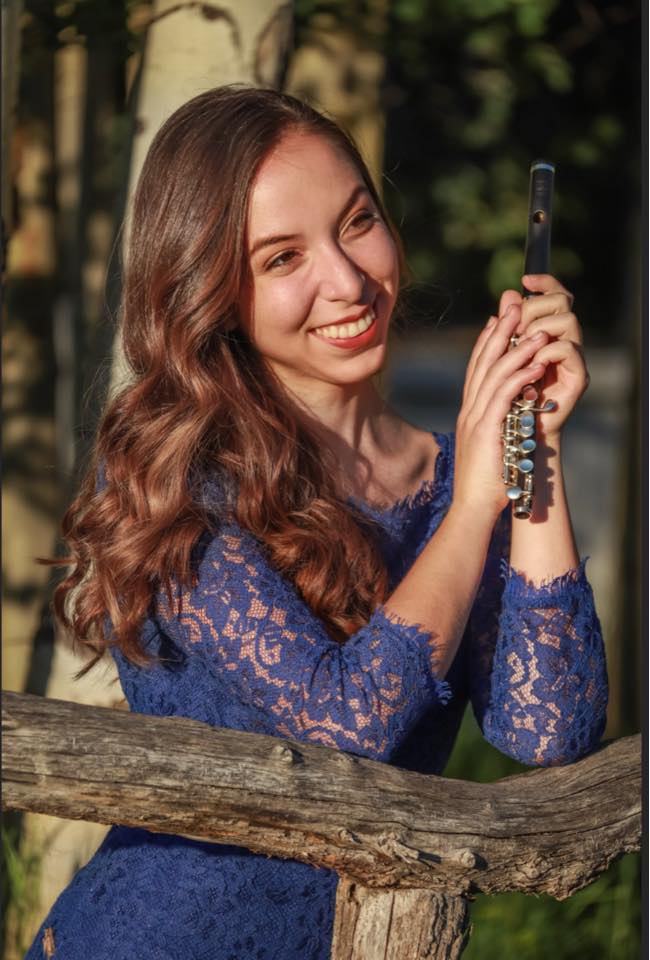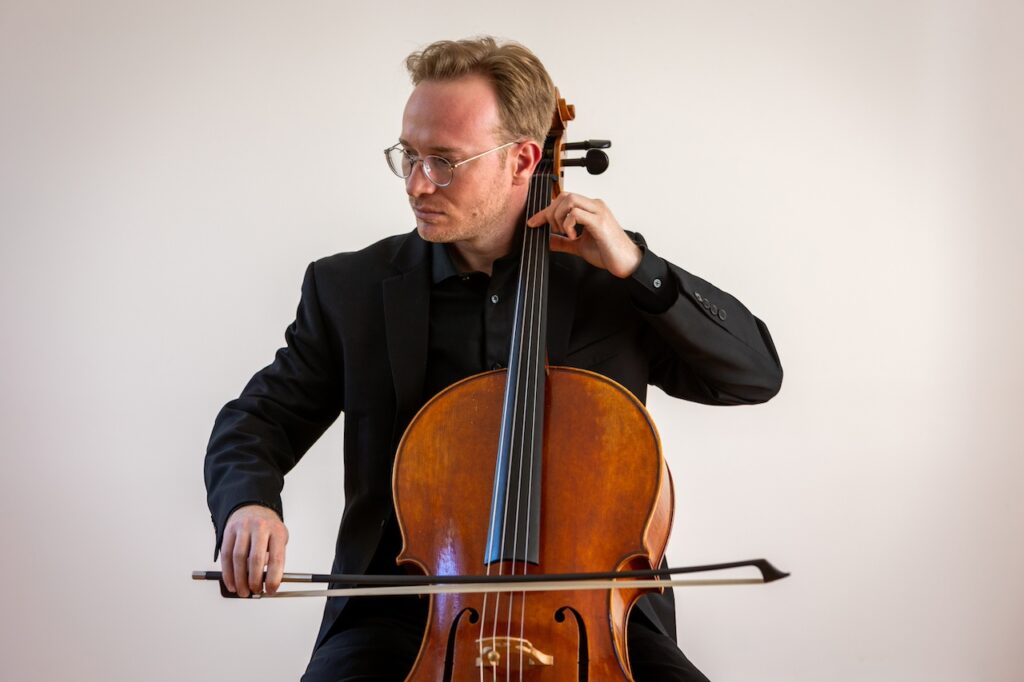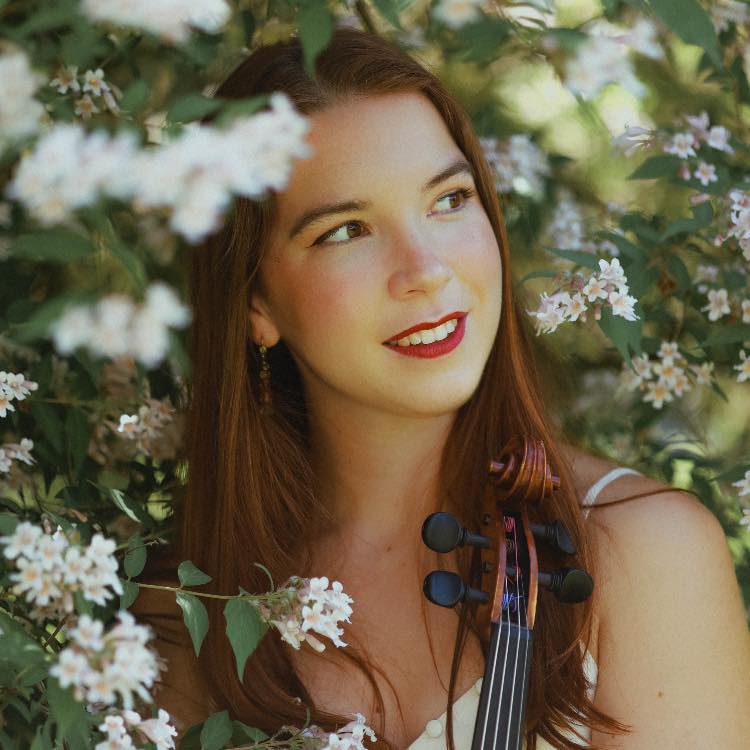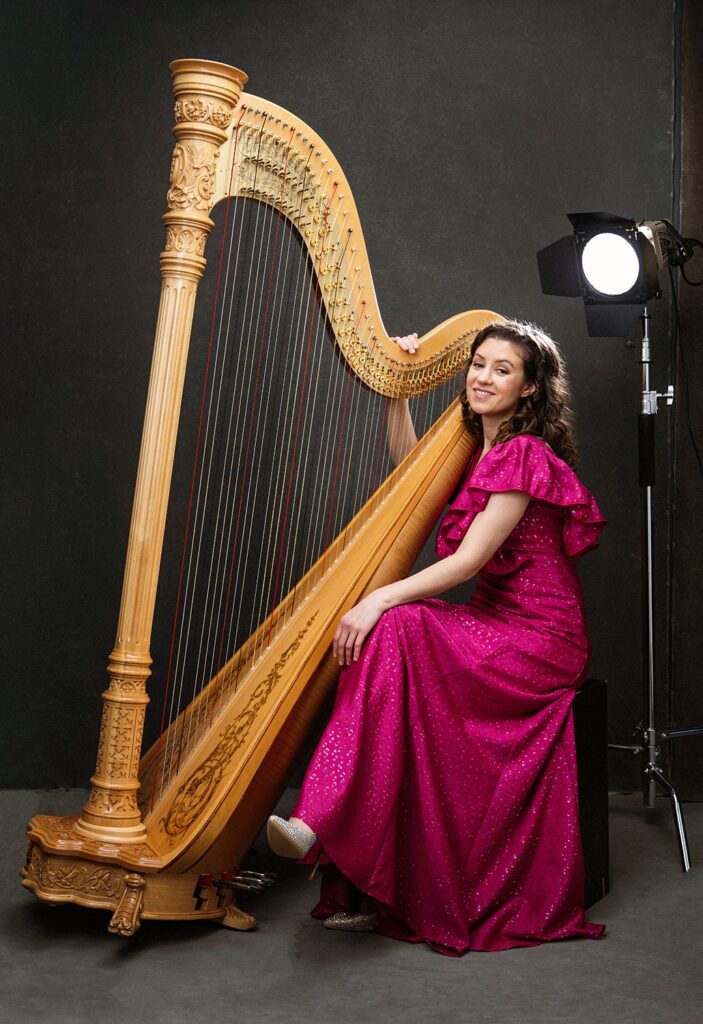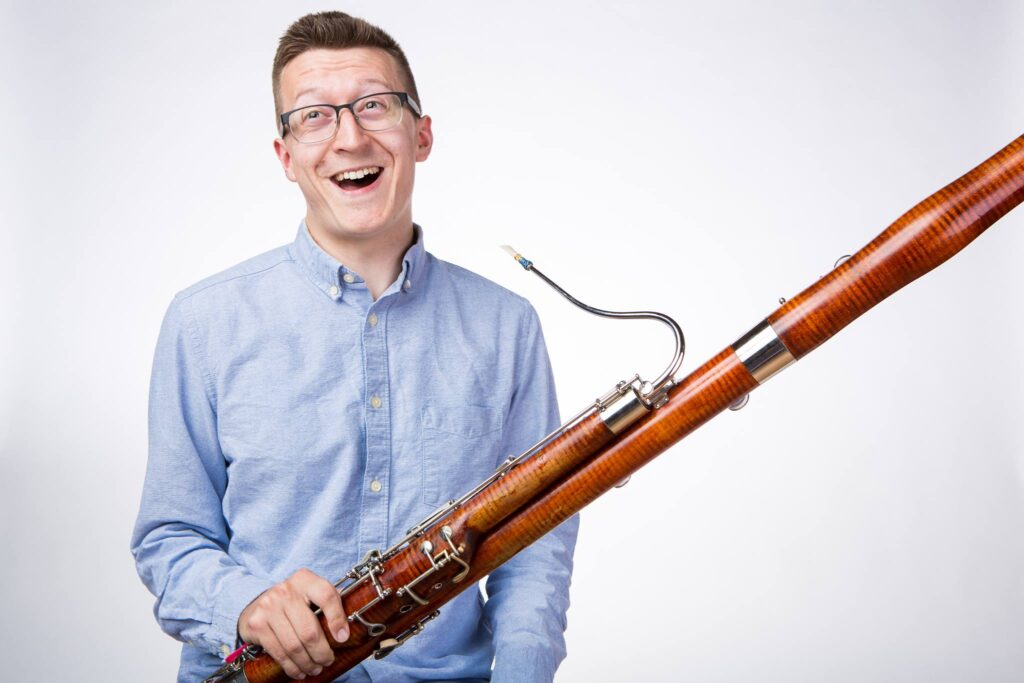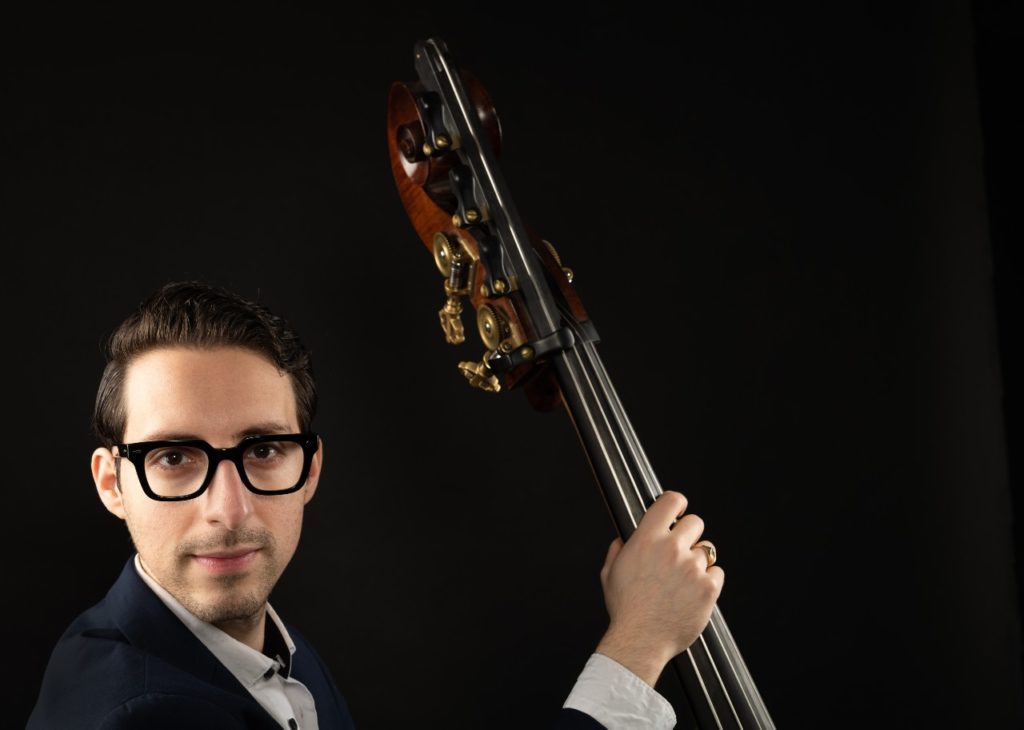What are you doing now? I teach cello, chamber music, and music theory at the University of Arkansas in Fayetteville. I’m principal cellist of the Arkansas Philharmonic and play regularly with the Symphony of Northwest Arkansas.
What did TŌN offer you that differed from your undergraduate and/or other degrees? The two most interesting parts of TŌN for me were the Sight and Sound concerts at The Metropolitan Museum of Art and the annual Bard Music Festival.
Being involved in performances curated around fine art exhibitions at a world-class museum was a great experience, and the audience loved it. As musicians, finding new entry points into the music is so important for building audiences, and these concerts offered a great behind-the-scenes look at how it can be done.
Playing in the annual Bard Music Festival with TŌN gave me a taste of the multifaceted requirements of a modern classical musician. Through the publishing of a book every year, producing programs with lesser-known works, and offering pre-concert talks and detailed program notes, the Festival exemplifies the full picture of delivering classical music to modern audiences. I love that it focuses on one composer per year, so you can really dive deeply into their life, their artistic circle, and their music.
Importantly, during TŌN’s regular season of concerts we had the chance to put all of these skills into practice by introducing orchestral pieces verbally from the stage, writing program notes for the pieces on the concerts, and of course performing them for audiences. Finally, going into the lobby during intermission to speak with audience members helped me learn how to meaningfully engage with non-musician music lovers.
How did TŌN help to further your career goals? The academic component of TŌN that focused on curation helped me think about how I choose repertoire for recitals and how to put that music into context. For my Capstone Project I produced an Earth Day concert entitled Environmentalism in Contemporary Art. It involved a collaboration with Bard professors including renowned ecologist Felicia Keesing, Jon Bowermaster from Oceans 8 Films and the One Ocean Media Foundation, conceptual land artist Anne-Katrin Spiess, and climate fiction novelist Jenny Offill. After performing three new string quartets by Zachary Friedland, including a premiere commission, Jenny read an excerpt from her book Weather and we held a panel discussion that brought the audience into the conversation. With the help of other TŌN musicians, we produced a music video of the new commission, which has been a unique addition to my portfolio. This experience gave me a template for developing interesting projects in the future.
What was your most memorable experience in TŌN? The most memorable and enduring experience was participating as a TŌN alumnus in the filming of the Academy-Award nominated film Maestro, the 2023 Leonard Bernstein biopic. Working with actor-director Bradley Cooper and conductor Yannick Nézet-Séguin, who was his conducting coach for the film, was super fun and was of course immortalized in the film and the soundtrack, which was released on Deutsche Grammophon. While our scene was filmed at Tanglewood during the height of the pandemic, it was so amazing to have an opportunity to reconnect with other TŌN alumni/ae and meet current students on this project.
TŌN’s touring performances at Carnegie Hall and Bing Concert Hall at Stanford—with the Bard US-China Music Institute’s China Now Music Festival—of Zhou Long and Su Wei’s oratorio Men of Iron and the Golden Spike, and the opportunity to travel to China with conductor Tan Dun to perform his Buddha Passion were also particularly unique. Working with guest artists and conductors Peter Wiley, Eric Bartlett, Orion Weiss, Gil Shaham, Leonard Slatkin, Tan Dun, and Hans Graf, and having a chance to play with Colin Jacobson and Arnaud Sussman provided great learning experiences that I will never forget. My favorite TŌN concert was with Hans Graf playing Egon Wellesz’s Prospero’s Incantations. I had never heard of the piece or composer before, and now they are among my favorites.
What does it mean to be a classical musician in the 21st century? With my university students, I stress the importance of being able to play music, speak about music, and write about music. Very few musicians have a career based solely around playing their instruments, and even those who do must speak and write eloquently as well. Given the necessarily esoteric quality of classical music, these additional communication skills allow us to convey the importance and the relevance of our art, and put it into a context that speaks to our audiences’ personal experience. Being a musician today poses many opportunities and challenges. We are often required to be increasingly entrepreneurial, but as artists we also have more powerful tools at our disposal. TŌN provided opportunities to put all of these skills into context.
Why should the public support TŌN with contributions? Performing classical music is not a money-making endeavor. It relies on the generosity of those who believe in music’s intrinsic value. TŌN demonstrates its commitment to the value of this work by offering this program tuition-free and supporting each student with a fellowship stipend. It fosters an environment where musicians can focus exclusively on their art. There’s no other program quite like it!
What would you say to other young musicians who are considering TŌN? TŌN is a great place to gain experience playing with a young orchestra in some amazing venues while exploring eclectic repertoire. Apply!



